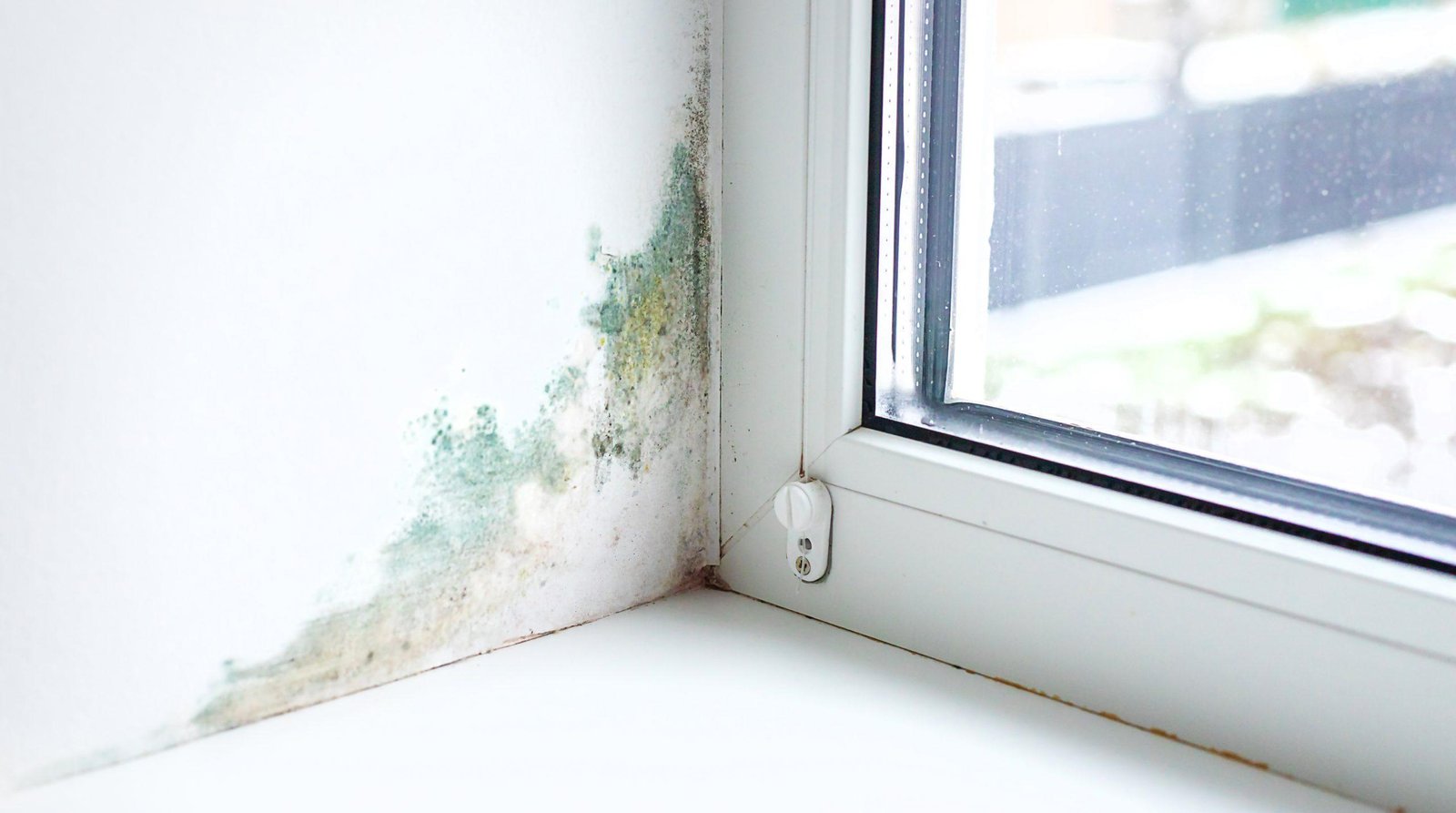Mold is a common indoor air pollutant that can have significant health effects. Studies have suggested that mold exposure may be associated with several adverse mental health outcomes, including anxiety, attention deficit hyperactivity disorder (ADHD), depression, and insomnia.
Toxic Mold is Present in Nearly Every Home
Mold grows in homes, schools, and office buildings and is present in nearly every home in the united states but not always visible to the naked eye. It develops in moist environments and doesn’t invade your walls. Mold also grows on furniture, rugs, and other objects exposed to moisture for long periods.
Mold spores can enter your home through open windows and doors and often grow in the air that has been still, dark and moist. If you have mold in your home, you can prevent secondary damage, such as water damage to furniture and floors, by acting quickly and removing the source of moisture.

East Coast Telepsychiatry – Toxic Mold: Should I Be Concerned About Mold Harming My Mental Health such as anxiety, attention deficit hyperactivity disorder (ADHD), depression, and insomnia?
Anxiety Disorder
Research has shown that mold exposure can affect the brain and nervous system, leading to the development of anxiety disorder. Anxiety disorder is a mental health condition characterized by excessive and persistent worry and fear. Those suffering from anxiety disorder experience restlessness, difficulty concentrating, and physical symptoms such as increased heart rate and sweating.
Also, mold exposure can lead to physical symptoms such as headaches, fatigue, and respiratory problems, which can contribute to the development of anxiety disorder. People living in mold-infested buildings may also experience stress and fear due to the potential health hazards and difficulty removing the mold, which can further contribute to the development of anxiety disorder.
Attention Deficit Hyperactivity Disorder (ADHD) And Brain Fog
Research has also suggested that exposure to mold may be associated with attention deficit hyperactivity disorder (ADHD). A study published in the Journal of Attention Disorders found that children exposed to mold in their homes were more likely to be diagnosed with ADHD. The study surveyed 1,911 children and found that those with higher levels of mold exposure in their homes were more likely to be diagnosed with ADHD.
Mold exposure can be associated with “brain fog,” characterized by difficulty concentrating, memory problems, and confusion. A study published by the National Institute of Health found that individuals with mold exposure at work were more likely to report symptoms of a “foggy brain,” such as difficulty remembering, concentrating, and confusion.
Mold Exposure and Depression
A study published in the National Library of Medicine found that individuals with mold exposure were more likely to report symptoms of depression. The study surveyed 5,882 people and found that those with higher levels of mold exposure were more likely to report symptoms of depression, anxiety, fatigue, and headaches.
Neurological Issues Due to Mold in Homes or Workplaces
A growing body of research suggests that exposure to toxic molds can cause neurological symptoms. Individuals with mold illness often report sensations such as dizziness and unsteadiness that get written off as minor physical issues unrelated to the complaint of brain fog or cognitive problems.
Frequent mold exposure can also lead to nerve damage, which may cause tingling in the extremities, weakness in limbs, and numb feet or legs. Still, these health effects have gone largely under-reported by healthcare professionals due in part to a need for more research.
Medical professionals need to be aware that mold toxicity symptoms can cause cognitive issues like memory loss and difficulty concentrating. Providers should pay attention to these issues and ask their patients if they are experiencing any mold problems.
Insomnia, Snoring, and Excessive Daytime Sleepiness
Research has also suggested that mold exposure may be associated with insomnia, snoring, and excessive daytime sleepiness. A study published by the Sleep Foundation and the Journal of Sleep Research found that individuals with higher levels of mold exposure in their homes were more likely to report insomnia symptoms, such as difficulty falling asleep and staying asleep.
It’s worth noting that these studies only show an association between mold exposure and these mental health issues and do not prove that mold exposure causes them. More research is needed to understand the complex relationship between mold and mental health.
Also, it’s important to remember that mold exposure can have physical health effects, such as respiratory problems and allergic reactions. If you suspect you have mold in your home or workplace, it’s essential to have it inspected and removed by a professional.

East Coast Telepsychiatry Can Help!
While mold is a common indoor air pollutant, it can significantly negatively affect mental and physical health. If you suspect you have mold in your home or workplace, it’s important to have it inspected and removed by a professional. Limiting mold exposure and maintaining good indoor air quality may also be beneficial by ensuring proper ventilation and moisture control.
East Coast Telepsychiatry is here for you, whether you’re struggling with mental health or need a medication refill. Call us at (843) 299-2033 today to Schedule an appointment.

